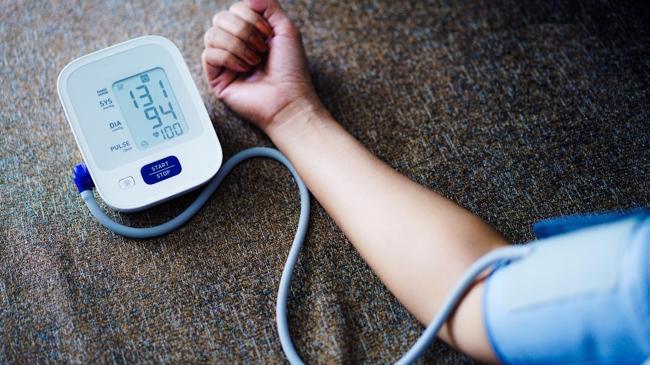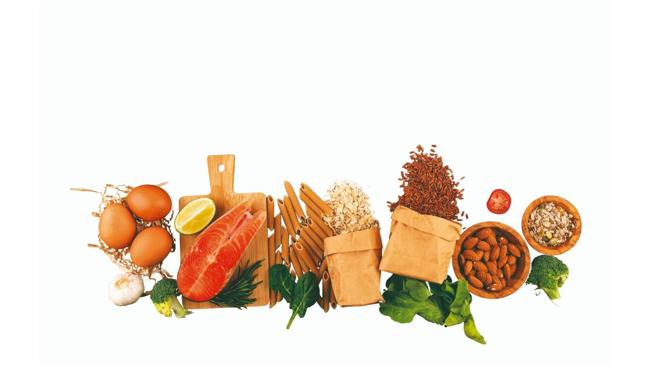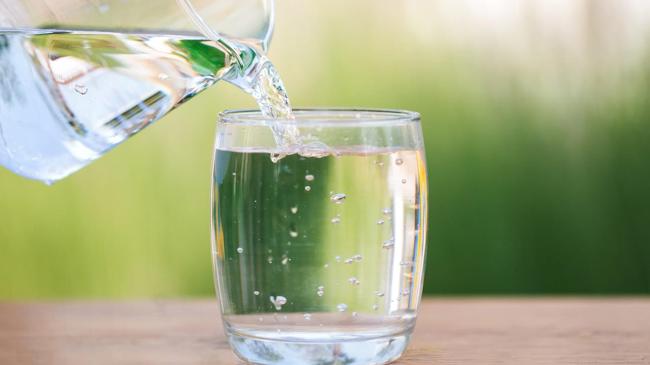Summary
High salt consumption in urban diets is triggering a surge in hypertension cases among young Indians. This silent health crisis demands urgent lifestyle changes and policy interventions to prevent future heart diseases.
Source: India Today on MSN.com

AI News Q&A (Free Content)
Q1: How does high salt consumption in Indian urban diets contribute to the rising cases of hypertension among young adults?
A1: High salt intake is a significant contributor to hypertension, particularly in urban Indian populations where processed and restaurant foods are common. Excessive salt causes the body to retain more water, increasing blood volume and putting additional pressure on blood vessel walls. This sustained high blood pressure is linked to a greater risk of cardiovascular diseases. Studies indicate that urbanization and lifestyle changes in India have led to increased salt consumption, which is recognized as a key modifiable risk factor for hypertension and related health complications.
Q2: What are the latest scientific findings on dietary patterns and their association with hypertension, particularly among low-income women?
A2: A 2024 study by Wu et al. introduced a new statistical modeling approach to analyze survey data and uncovered that poor diet quality, characterized by low fruit and vegetable intake and high salt consumption, is strongly associated with increased hypertension risk among low-income women. The research highlights the need for targeted nutritional interventions in vulnerable groups to address dietary deficiencies and manage blood pressure effectively.
Q3: How can technology help in monitoring dietary habits to prevent nutrition-related hypertension, according to recent research?
A3: Recent advancements in mobile health (mHealth) applications leverage machine learning for automatic food recognition and volume estimation, as highlighted in a 2021 survey by Tahir and Loo. These technologies enhance the accuracy of dietary monitoring, help individuals track their salt and nutrient intake, and provide actionable feedback to reduce hypertension risk by encouraging healthier eating habits.
Q4: What is the DASH eating plan and how does it help in controlling hypertension and improving nutritional status?
A4: The DASH (Dietary Approaches to Stop Hypertension) eating plan is a dietary pattern rich in fruits, vegetables, whole grains, and low-fat dairy products, while being low in sodium, red meats, and added sugars. Research using datasets from the National Health and Nutrition Examination Survey demonstrates that following the DASH diet can significantly lower blood pressure and improve overall nutritional status, making it an effective strategy for preventing and managing hypertension.
Q5: What regulatory guidance exists in India regarding recommended daily salt intake for adults to prevent hypertension?
A5: The Food Safety and Standards Authority of India (FSSAI) recommends that adults limit their salt intake to less than 5 grams per day, aligning with World Health Organization guidelines. These recommendations are part of national campaigns to raise awareness about the health risks of excess salt, particularly its role in hypertension and cardiovascular disease.
Q6: Based on recent data, what broader public health challenges does India face in relation to nutrition and noncommunicable diseases like hypertension?
A6: India faces simultaneous challenges of undernutrition and rising noncommunicable diseases such as hypertension. According to the World Bank and Human Rights Measurement Initiative, India achieves 80.5% of its expected health outcomes based on income, but adult health is only at 85.6% of this benchmark. Rapid urbanization, dietary shifts, and lifestyle changes are accelerating the hypertension crisis, especially among younger populations.
Q7: What are the implications of ignoring nutrition deficiencies and high salt intake for young Indians’ long-term health outcomes?
A7: Ignoring nutrition deficiencies and maintaining a high-salt diet can lead to early onset hypertension, which increases the risk of severe health outcomes such as heart attack, stroke, kidney disease, and vision loss. Early intervention through dietary education and policy initiatives is crucial to prevent these long-term complications and reduce the growing burden of cardiovascular diseases among India's youth.
References:
- Health in India - Wikipedia: https://en.wikipedia.org/wiki/Health_in_India
- FSSAI Salt Intake Guidelines: https://fssai.gov.in/upload/advisories/2020/03/5e5c6d899e4f7Advisory_Salt_Reduction_05_03_2020.pdf





